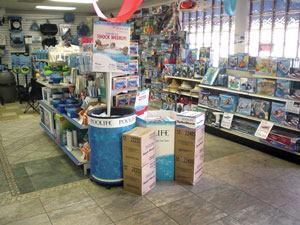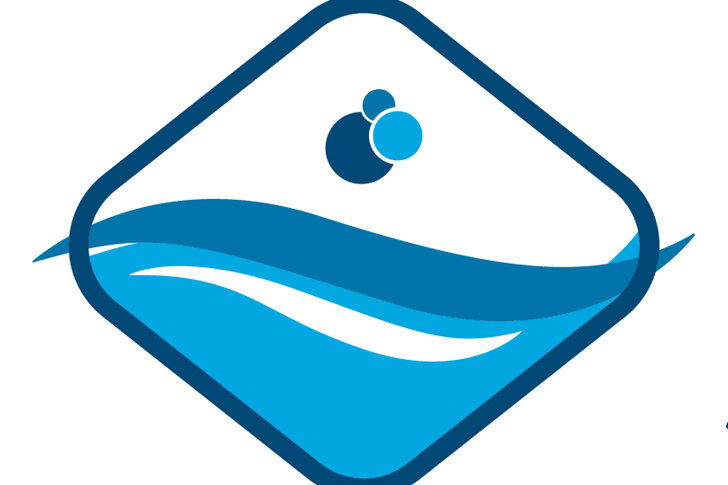A Phoenix retailer is embroiled in a legal battle with the city fire department over the storage of calcium hypochlorite, a powerful Class 3 oxidizer.
“I’m trying to get them to see the big picture, and their response was to go after my business with a vengeance,” said Dale Howard, owner of B&L Pools. “If they’re going to make and enforce these rules, they need someone there who understands the chemicals.”
Cal hypo is no stranger to controversy. Despite its benefits as a pool sanitizer, the chemical has been cited in a handful of fires and emergency incidents in the past several years. Most notable was a March 2004 blaze at a BioLab warehouse in Georgia that burned for two days and forced the closure of a major Atlanta interstate.
In many cases, the end result was an increase in regulations among municipalities.
But Howard alleges the Phoenix Fire Department is bringing undue pressure on his business, and selectively enforcing fire prevention codes while leaving some competitors comparatively untouched.
Since 2001, B&L Pools has been cited continuously for failing to obtain the permits required to store and display certain chemicals. One shop alone has been inspected nearly a dozen times, he said.
But a number of big-box stores, including The Home Depot, Wal-Mart and Fry’s, have not been subject to the same requirements as B&L Pools, Howard claimed.
The city is seeking $12,000 in unpaid permit fees, which an arbitrator recently upheld. In response, Howard filed a counterclaim seeking $200,000 for lost business after he was forced to permanently close one of his stores that was deemed noncompliant.
“It’s hard to go against the fire department,” he said. “But my fear is that we’re going to start getting sick kids because there isn’t enough chlorine in these pools.”
Assistant City Attorney Michael L. Law, who represents the city of Phoenix, declined to discuss the case, and fire officials did not respond to requests for comment.
In one instance, Howard said he was cited and directed to lower store shelving to 6 feet. After making the requested accommodations, Howard was visited by the same fire official, who cited B&L Pools again, this time for failing to house its products below 6 feet.
In another case, one of Howard’s five stores was cited for failing to maintain a 20-foot separation between five distinct types of chemicals — cal hypo, muriatic acid, liquid chlorine, dichlor and trichlor. When he told the fire official it was impossible to comply with the separation requirement in his 2,000-square-foot store, the official’s response was, “Move the business,” Howard said.
Whether the case goes to trial, the debate over cal hypo and its benefits vs. risk likely won’t end with a clear-cut verdict. Some retailers believe the product, in its more concentrated form of 65- to 68 percent chlorine, eventually will become extinct due to the risk in handling and storage.
MORE INFORMATION
- Maintenance Mode
Keeping the SVRS from tripping when doing maintenance.
RELATED LINKS
- Video: Drain Retrofit
Get a step-by-step look at a spa drain cover retrofit.



